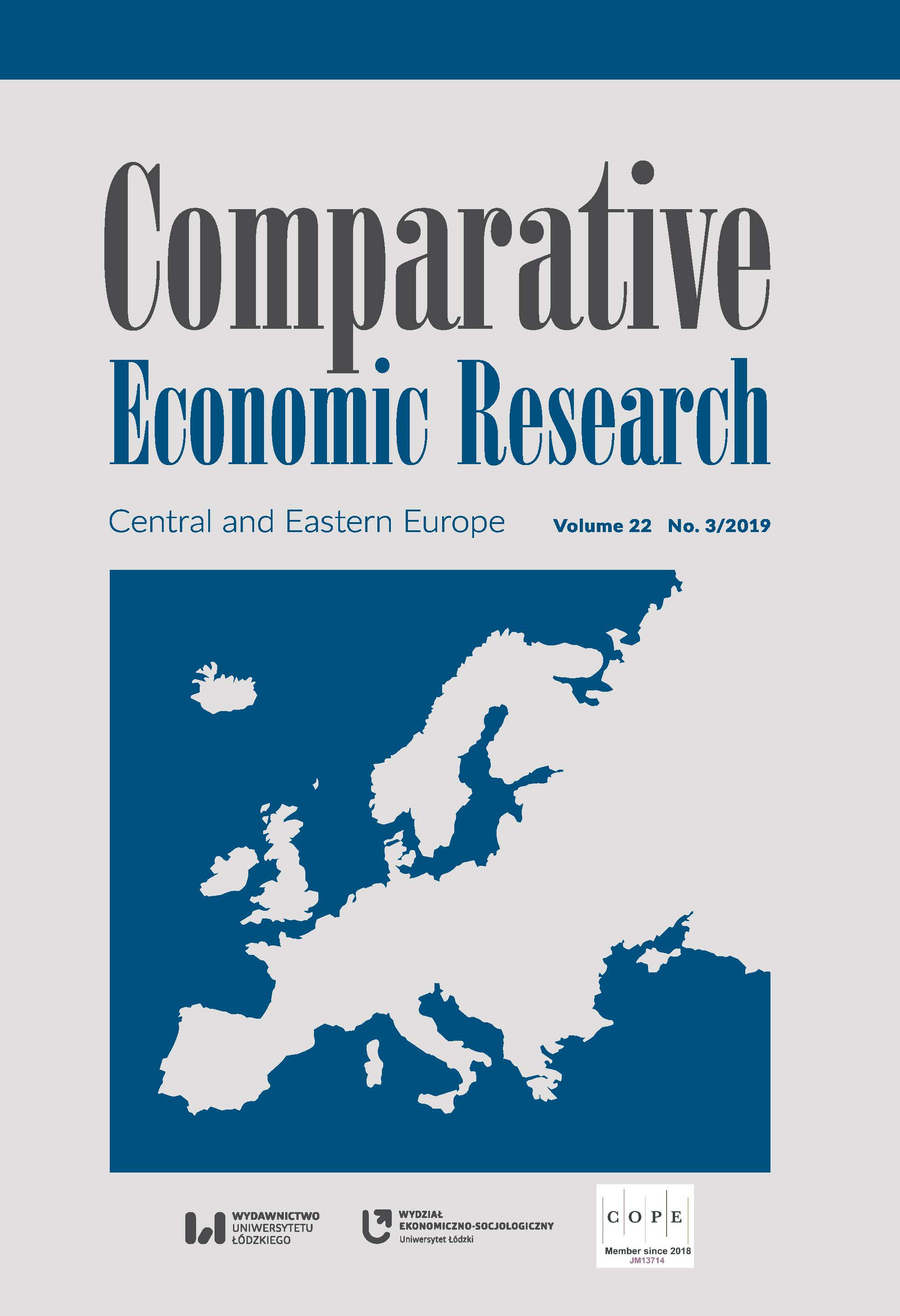The Adaptive Market Hypothesis and the Day‑of‑the‑Week Effect in African Stock Markets: the Markov Switching Model
The Adaptive Market Hypothesis and the Day‑of‑the‑Week Effect in African Stock Markets: the Markov Switching Model
Author(s): Adefemi Alamu Obalade, Paul-Francois MuzindutsiSubject(s): Financial Markets
Published by: Wydawnictwo Uniwersytetu Łódzkiego
Keywords: calendar effect;AMH;African stock markets;Markov Switching Model
Summary/Abstract: In line with the Adaptive Market Hypothesis (AMH), the objective of this study is to investigate how the day‑of‑the‑week (DOW) effect behaves under different bull and bear market conditions in African stock markets, and to examine the likelihood of being in a bull or bear regime for each market. A Markov Switching Model (MSM) was employed as the analytical technique. The results show that the DOW effect appears in one regime and disappears in another, in all markets, as rooted in the AMH. Lastly, all markets, except the Johannesburg Stock Exchange have a higher tendency to be in a bearish state than a bullish one. Our findings show that active investment management may yield profits for investors investing in most African markets during bearish conditions.
Journal: Comparative Economic Research. Central and Eastern Europe
- Issue Year: 22/2019
- Issue No: 3
- Page Range: 145-162
- Page Count: 18
- Language: English

